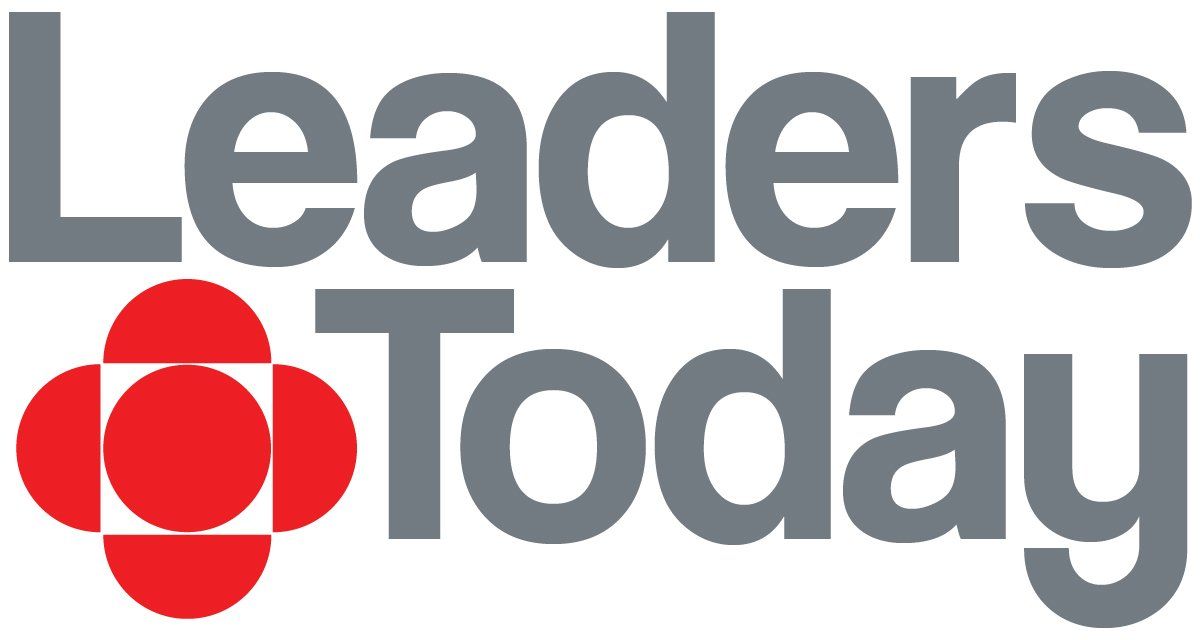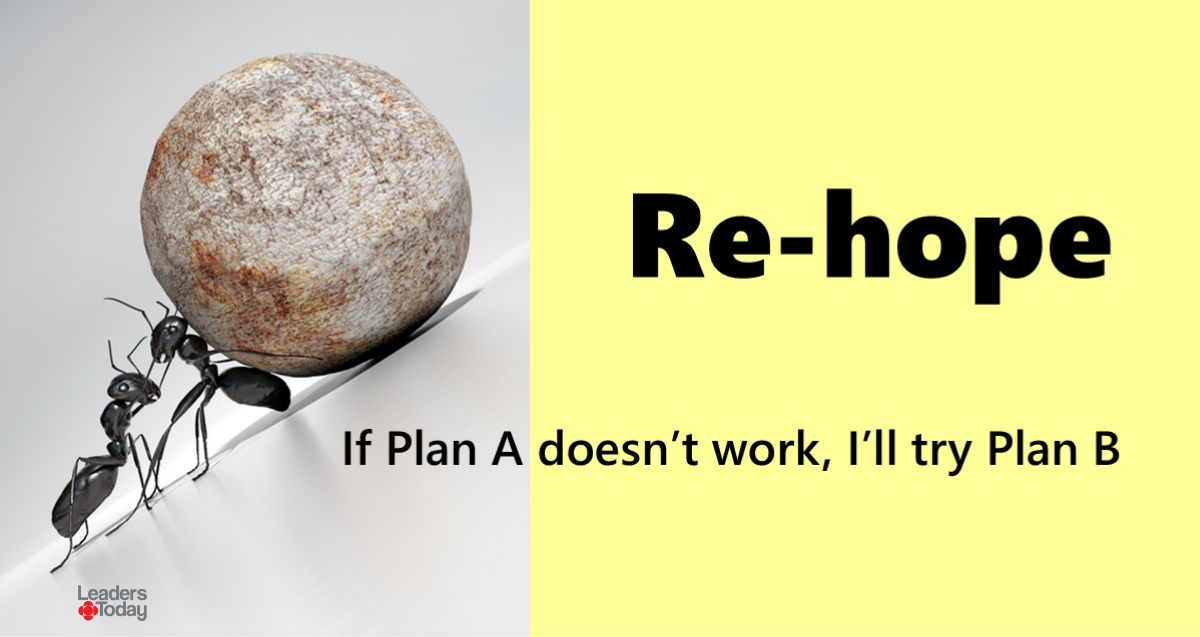Coaching in the workplace helping UN staff
Saba was interviewed for the UN Special magazine by V. Riemer of WHO after conducting several workshops on coaching skills and coaching culture
Here are some extracts
“Often when we think of a coach, what comes to mind is an athletics, tennis, basketball or football coach developing young athletes to perform to their full potential in winning teams. But a new type of coaching is entering the workplace with many similarities, but some key differences too. This kind of coaching is all about developing individuals in their personal and professional lives, working with people to identify, target, and plan for performance improvement throughout their careers.”
“During the last quarter of 2017, Saba was invited by the WHO Human Resources Department (Global Talent Management team) to conduct a series of workshops to provide staff with a better understanding of coaching concepts, with a view to adopting such a posture in their professional environment. It was part of the overall objective of introducing a coaching culture in WHO, where more open communication and trusting relationships are formed among staff with the ultimate goal of generating a more empowered and motivated attitude in staff members.”
“By asking questions, we stimulate reflection and by asking good questions we cause entirely new avenues of thought to open up” she explained. The role of the coaching manager is to enable the supervisee to find solutions for themselves so that they become more effective, more accountable and more satisfied. The goal is to help employees recognize opportunities for improvement by asking probing, and often tough, questions, challenging the person to think about their goals as well as how to achieve them. When managers discover that a consequence of coaching is empowering their staff, they free their time from micro-managing to focus on strategic thinking instead”
Read the whole article in the UN Special Magazine, March 2018, pages 31-32.








